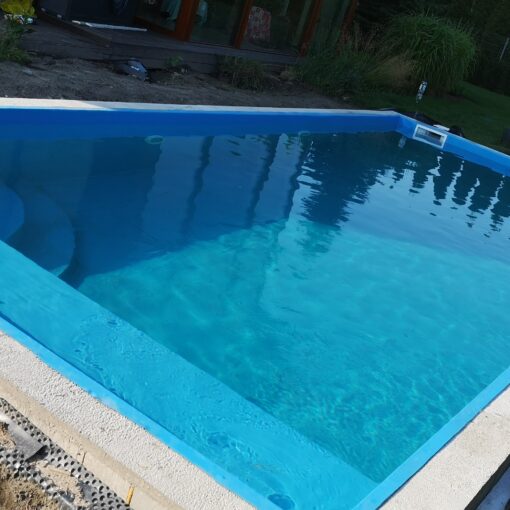Rainwater harvesting is legal in Ohio, even for potable purposes. States make their own laws on whether and how individuals can collect rainwater. This also includes developing best management practices for water reuse, harvesting and greywater use. Some government restriction on rainwater harvesting is based on the rationale that it may disrupt the hydrologic cycle. Testing the water can determine if there are harmful germs, chemicals, or toxins in it. To fill this information gap, the Federal Energy Management Program compiled state-level information and provided it in this map tool. Rainwater harvesting is legal in Illinois, but two statutes apply. While North Dakota does have some strict laws regarding other water sources, rainwater harvesting is legal and encouraged. State Sen. Shevrin Jones can often be seen at the Florida Capitol greeting staff and colleagues with a smile or laugh, but when he's alone it's a different story. This is so dystopian Farmers can only plant the crops the - Reddit If you've found this article to be useful and are interested in learning more, be sure to sign up for our newsletter. There are no restrictions on rainwater harvesting, and the state's citizens are encouraged to collect rainwater. I do feel that stating RWH is legal n a state, then stating it is controlled by and permitted by and regulated by some department of the state government, is a bit confusing. So the folklore began, "it is illegal to collect rain water in Oregon." Not true. If unregistered, no more than two containers may be used, and the maximum capacity of any one container may not exceed 100 gallons (Utah Code Ann. Groundwater harvesting is regulated and can be purchased as a water right. Hi Chris. No, it is not illegal to collect rainwater in Michigan. issued an Interpretive Policy Statement clarifying that a water permit is not required for rooftop rainwater harvesting. The State of Alabama considers rainwater harvesting a private property right. Sustainability of Rainwater Harvesting System in terms of Water Quality. In 2018, the State of California passed SB-558, which excludes property taxes from the new construction of a rainwater harvesting system. There are no rainwater harvesting restrictions in Florida, and it is highly encouraged by the state. Assembly Bill 138 states that rainwater may be collected without a water right or permit to appropriate water as long as provisions apply. You can harvest rainwater from your roof in California. Some of these restrictions believe that the harvesting would disrupt rain's natural flow back into streams and bodies of water on the Earth. SB 2417 / HB 1850 (Enacted)allows for the use of green infrastructure practices which includes rainwater harvesting systems. Due to the cold climate, certain precautions may need to be considered when collecting rainwater in Alaska. Arkansas 2. The map ranks the states based on level of rainwater harvesting regulations, using the following categories: Very Limited: The state has limited exemptions available for legal implementation of rainwater harvesting Not Illegal/No Regulations: No regulations are in place prohibiting rainwater harvesting. If you do not apply for a right or already hold one with your property, its illegal to collect. The State Law 243 authorized changes in the plumbing code facilitating the use of cistern water in residential and commercial buildings. Is rainwater harvesting really illegal? It requires that within 120 days after a homeowners association, the association shall adopt an energy policy statement regarding: (i) the location, design, and architectural requirements of solar energy systems; and (ii) whether a wind energy collection, rain water collection, or composting system is allowed, and, if so, the location, design, and architectural requirements of those systems.

